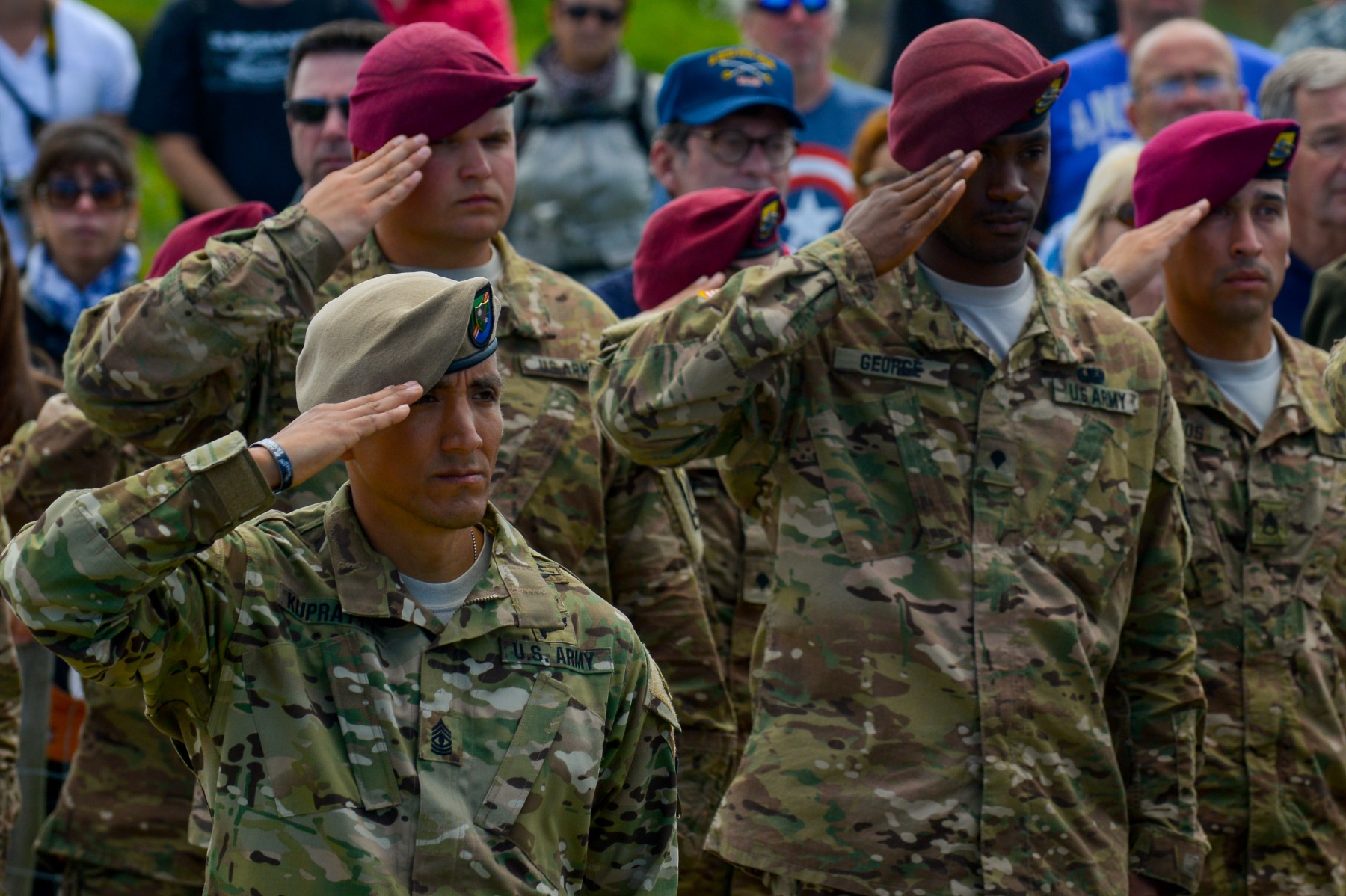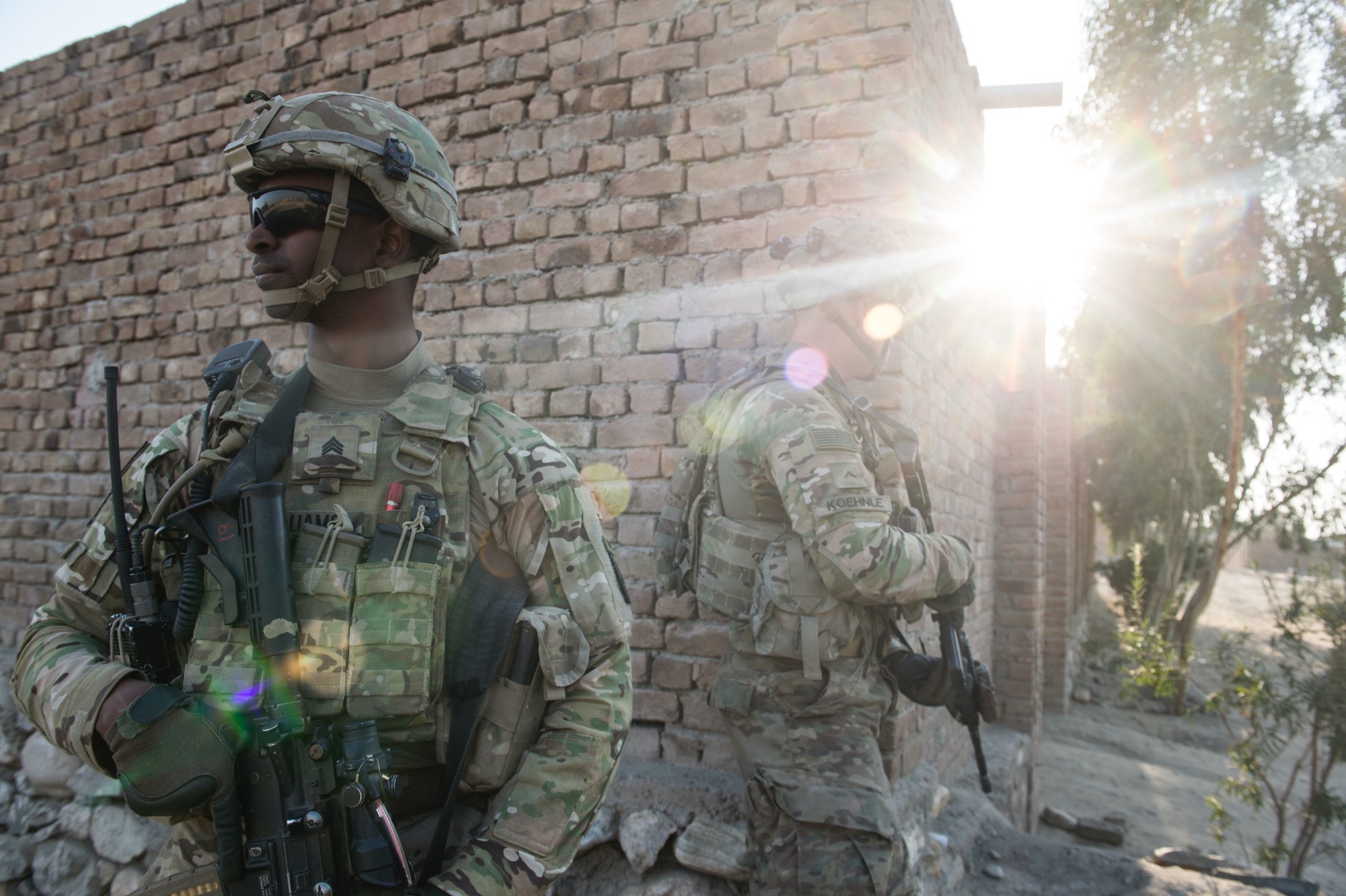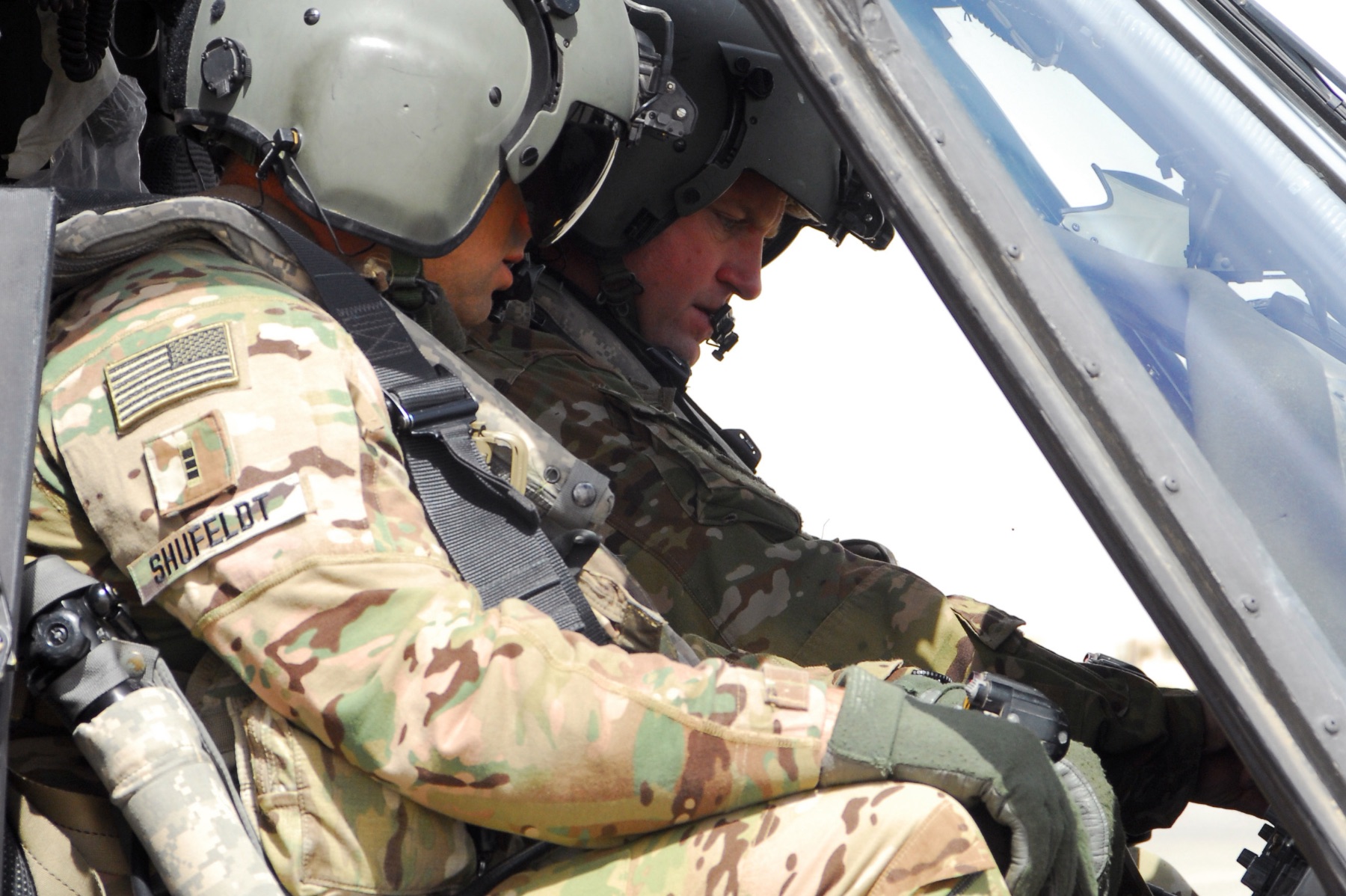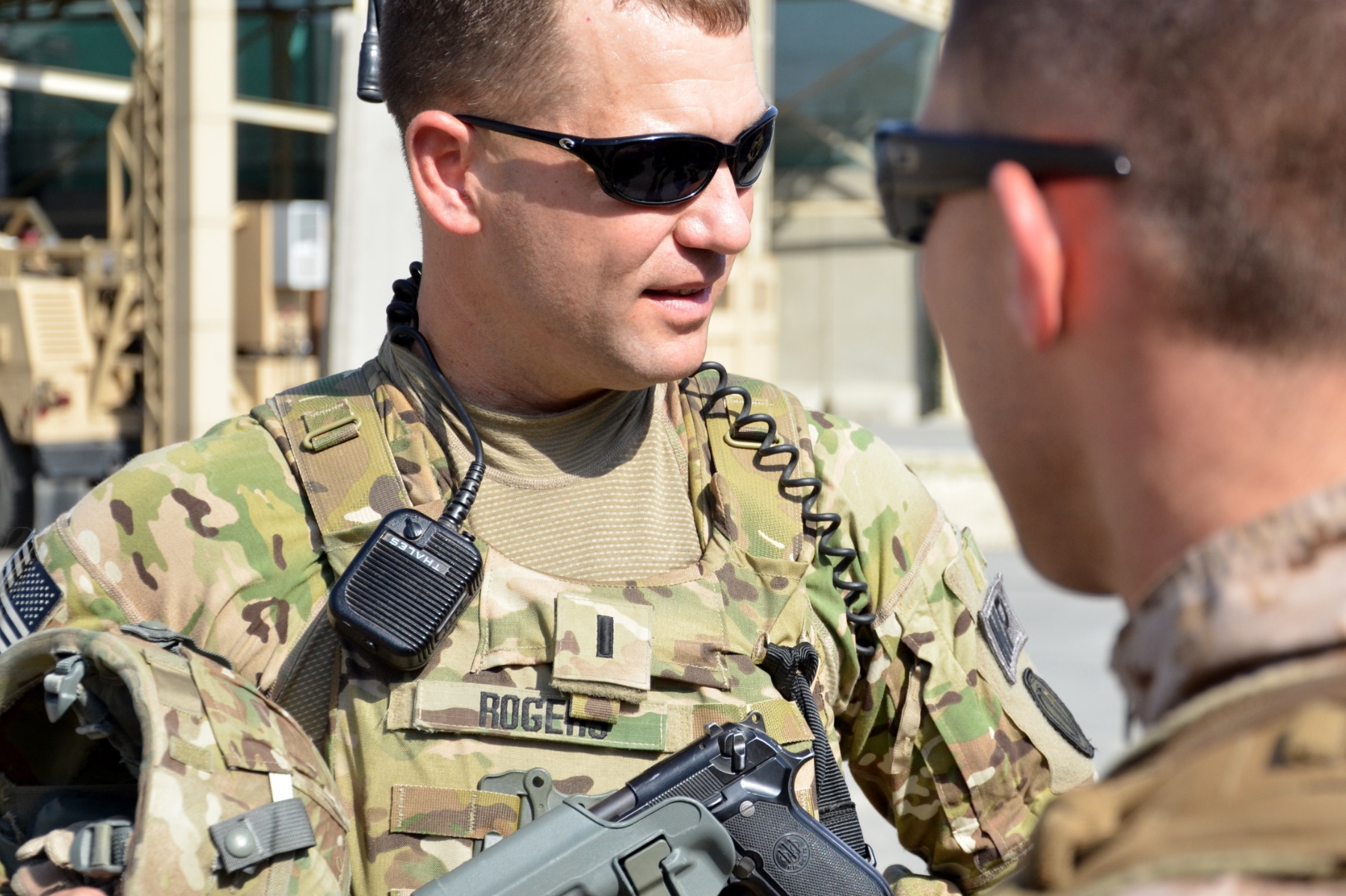
US Army Ranks
The US Army is the primary land warfare component of the US Military. The ranks within the US Army determine each Soldier’s contribution to the overall mission. Each rank indicates a level of responsibility, authority, and influence.
The rank structure of the US Army is divided into three basic categories: Enlisted ranks, Warrant Officer ranks, and Officer ranks. Each of these ranks fulfill various jobs, responsibilities, and levels of leadership within the US Army. Rank is vital to how the US Army functions in it’s day-to-day mission, whether in peacetime or wartime. Each rank within the US Army also indicates how many Soldiers fall within each leader’s responsibility: anywhere from 3-5 Soldiers as a Sergeant, to tens of thousands of Soldiers as a Major General or higher.

Enlisted Ranks
The Enlisted ranks within the US Army are the primary workers and “doers” of the mission. Each Enlisted Soldier has a specific job within the US Army, and has the training, skills, and expertise to successfully accomplish that job.
Private (e-1)
Private (e-2)
Private First Class (e-3)
Specialist (e-4)
Corporal (e-4)
Sergeant (e-5)
Staff Sergeant (e-6)
Sergeant First Class (e-7)
Master Sergeant (e-8)
First Sergeant (e-8)
Sergeant Major (e-9)
Command Sergeant Major (E-9)
Sergeant Major of the Army (e-9s)

WARRANT OFFICER RANKS
Warrant Officers are tactical and technical experts. Think of them as a semi-hybrid between a Senior Non-Commissioned Officer, and an Officer. They have advanced skills in certain systems or operational roles, like being helicopter pilots, for example.
Warrant Officer 1 (WO1)
Chief Warrant Officer 2 (CW2)
Chief Warrant Officer 3 (CW3)
Chief Warrant Officer 4 (cw4)
Chief Warrant Officer 5 (cw5)

OFFICER RANKS
Officers hold the highest rank in the US Army. They are the primary strategists, planners, leaders, and managers, and they assign tasks and missions to Enlisted Soldiers. They get their commission and authority directly from the President of the United States.










